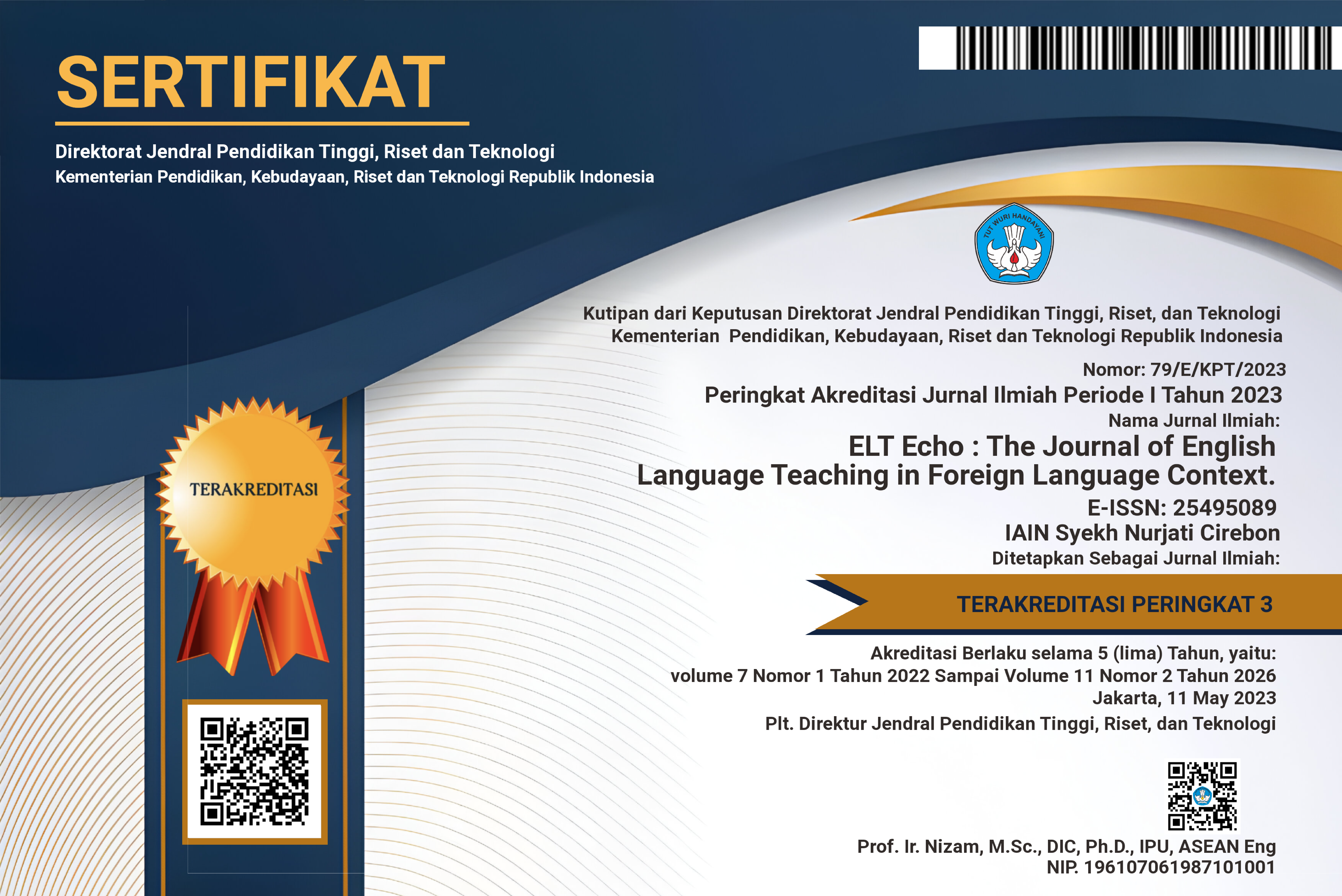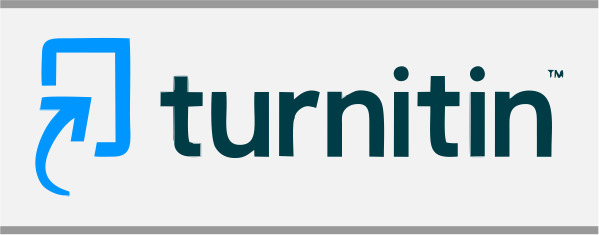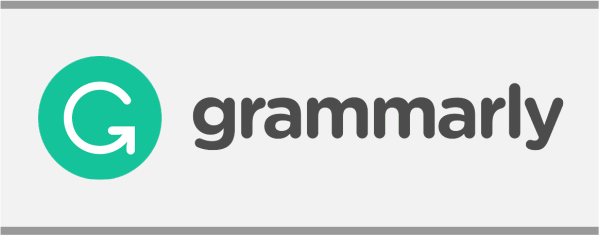THE PERCEIVED CHARACTERISTICS AND ADVANTAGES OF INFORMATION GAP ACTIVITIES IN LEARNING SPEAKING AT ENGLISHOPEDIA
(1) Islamic University of Indonesia
(*) Corresponding Author
Abstract
Keywords
Full Text:
PDFReferences
Abbaspour, F. (2016). Speaking competence and its components: A literature review. International Journal of Research in Linguistics, Language Teaching and Testing, 1(4), 144-152. http://ijrlltt.com
Boonkit, Kamonpan. (2010). Enhancing the development of speaking skills for non-native speakers of English. Procedia Social and Behavioral Sciences 2 (2010). 1305-1309. doi: 10.1016/j.sbspro.2010.03191
Brown, H. (2001). Teaching by principles: An interactive approach to language pedagogy. NY: Addison-Wesley: White Plains
Brown, H. (2004). Language assessment: Principles and classroom practices. New York: Longman
Hasibuan, K. (2012). Teaching speaking as a productive skill. Journal of English and Arabic Language Teaching (JEALT), 3(1). http://ejournal.uin-suska.ac.id/index.php/jealt/article/view/139
Ismaili, M., & Bajrami, L. (2016) Information gap activities to enhance speaking skills of elementary level students. International Conference on Teaching and Learning English as an Additional Language, GlobELT, 232, 612-616. doi: https://doi.org/10.1016/j.sbspro.2016.10.084
Manurung, K. (2014). Improving the speaking skill using reading contextual internet-based instructional materials in an EFL class in Indonesia. International Educational Technology Conference, IETC, 176, 44-51. doi: https://doi.org/10.1016/j.sbspro.2015.01.442
Prabhu, N. (1987). Second language pedagogy. Oxford: Oxford University Press
Saputri, H. (2010). The effect of using information gap activities towards motivation in speaking English among year student at MAN 2 Model Pekanbaru. A Thesis for Bachelor Degree at State University Riau
DOI: 10.24235/eltecho.v4i1.4007
Article Metrics
Abstract view : 187 timesPDF - 52 times
Refbacks
- There are currently no refbacks.
Â
This Journal is indexed by:
Â

This work is licensed under a Creative Commons Attribution 4.0 International License.










